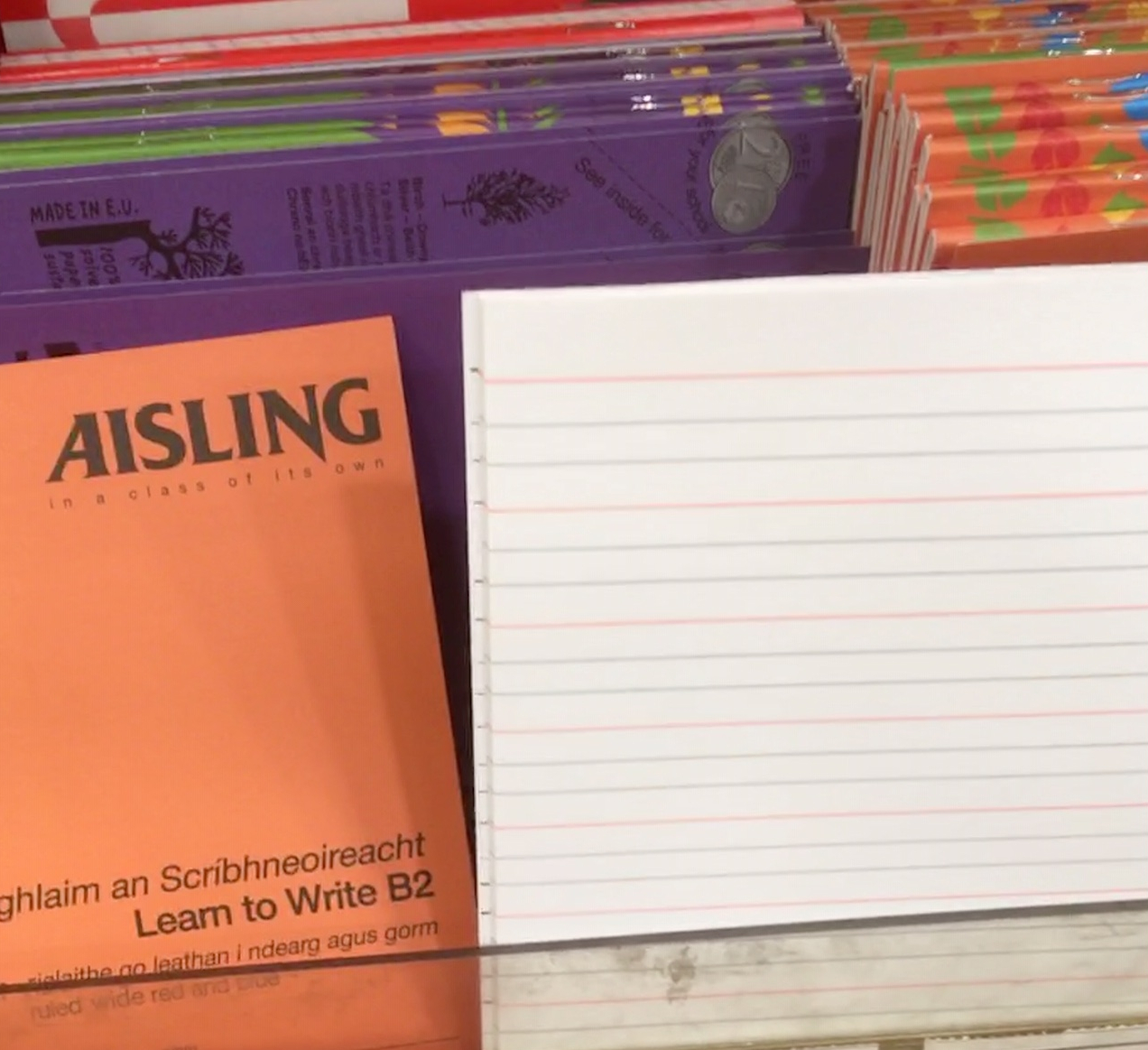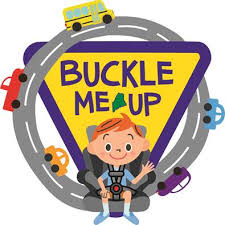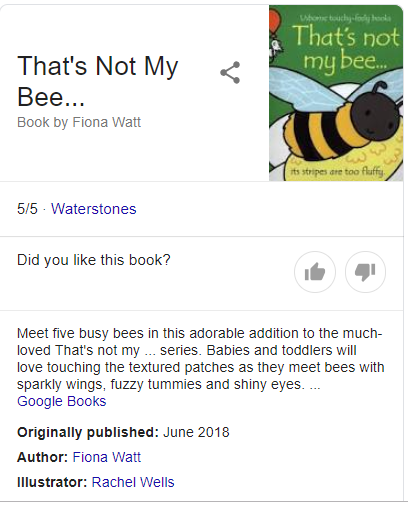Question: What do Col John ‘Hannibal’ Smith of the A-Team and Scottish poet Robbie Burns have in common?
Answer: No obvious one, I admit. They’re an unlikely pairing, but there exists commonality in their thinking nonetheless. They both have commentary to offer on the subject of planning.
Hannibal’s catchphrase – ‘I love it when a plan comes together’ – evidenced the successful execution of many a fiendish plot to champion the underdog, evade capture and beat the system. Invariably, said plans involved scams and stings, lots of vehicle modifications and the use of heavy artillery. It always worked out – and, despite the copious explosions and daredevilry, nobody ever sustained an injury that couldn’t be fixed with a dog’s lick and a bit of sticking plaster. Each team member brought their own special talents to the task, and the plan always came together beautifully. Hannibal grinned the grin of the victor and chewed his beefy cigar. TV fiction at its best, and the 1980’s audience lapped it up.
Robbie Burns, on the other hand, was a bit more real-world and pragmatic. In his poem ‘To a Mouse’, he apologises to the little beastie whose nest he accidentally destroyed with the plough, and tries to comfort him by telling him that sometimes things just don’t work out – ‘The best-laid schemes o’ mice an’ men gang aft agley.’ In other words, no matter how detailed and careful your planning, things can go wrong. In modern parlance, it means that, despite your best efforts, things can still go arse over tit.
Unfortunately, I’m identifying more with Robbie than Hannibal at the moment. Despite my best efforts, several things have ganged agley lately.
The first plan that went south was in mid-July. The hubby was celebrating a big, roundy birthday and I wanted to do something a bit different for him. He was born in Castlerea, Co Roscommon, but left it as a small child. We have now, though, returned to live in Roscommon – not too far from Castlerea – and I had what I thought would be a brilliant idea to reconnect him with his roots. I joined the library in Roscommon town and set about searching the local paper archives to see if I could get any mention of his family in his early Roscommon years. It was a light enough yield, but there was a yield nonetheless. I started to get excited.
Then I got really excited when I found an article about the late Nurse Cissy Doyle, a midwife local to the area at the relevant time. I never met the woman, but I had heard so much about her. She literally – along with the hubby’s mother, of course – gave him life.
His birth was premature and traumatic. His young mum – with one elder child aged 18 months – went into labour two months early in a flat above what was then Finch’s garage in Castlerea. The doctor and midwife were summoned, and a scrap of 2lbs 12ozs entered the world. No crying. No breath. After some minutes, the doctor put the scrap in a shoebox and put him under the bed. Disposed of. He told Nurse Doyle, apparently, to tend to the mother. There was nothing else to be done.
But Cissy refused to give up. Hot water, cold water, and finally, after about 20 minutes had elapsed, an eye-dropper of whiskey. Then, the little scrap blew a small bubble from the corner of his mouth. According to my late mother-in-law – who recounted the story many times – Cissy’s very words were ‘I have him’.
And indeed she did. He was literally wrapped in cotton wool and tinfoil and, with the dedication and love of these two remarkable women, he was coaxed to strength over many months.
Cissy became my mother-in-law’s best ally. She delivered No 3 in Castlerea also, and when the family moved to Athlone, she moved in with them nearing the due date of delivery to tend to No 4. What a woman.
So I was fiercely excited when I read an article in the archive about Cissy’s family donating to the local library a journal recording her midwifery practice. I thought it would be lovely to get an image of the journal cover and an image of the entry for the hubby’s arrival. I planned to get it framed and include photos of the hubby, his mum and Cissy. I was way ahead of myself googling fancy frames and printers, and had a perfect vision of what the end product would be. I thought it would be a nice way to reconnect him with his roots and celebrate the occasion in a meaningful way. It would be all the more meaningful given that his lovely mum died on his birthday in 2019. Who knew all those years ago how significant that date would be.
But, despite my best efforts – and, indeed, the very best efforts of many other people – the plan just didn’t come together. Cissy’s journal, it seems, was returned to the family at their request. But, even if it had still been in the library in Castlerea, it wouldn’t have been open to view because of data protection legislation.

So I set about trying to find and make contact with the family directly. I met with great co-operation from everyone I approached, but, unfortunately, ran into cul-de-sacs at every turn. Eventually, I just ran out of time and had to admit defeat.
The second part of the plan didn’t fare much better either. The plan for the actual birth date was to spend the day in Castlerea with the family. Our daughters, son-in-law and grandson had assembled for the occasion, and I had visions of walking the Demesne en famille, visiting Cindy the elephant’s grave, doing the playground with the grandchild, lunching in Benny’s, visiting the Railway Museum and having happy, shiny photos taken all over the place.
Emm … didn’t really happen. It was probably the wettest day of July – if not of the year. We toughed it out with brollies and raincoats, and unanimously revised the plan. We managed the lunch in Benny’s and the museum visit, but that was it. There was no perambulating, no playground, and no Demesne visiting. We had, though, a good day despite the relentless rain. Kudos to Sean Browne in the Railway Museum – the highlight of the day, much enjoyed by all.

As it happened, the least-planned, last-minute element of the birthday celebrations turned out to be quite delightful. Hubby is a sometimes Parkrunner, and has done the Castlerea Parkrun several times. We had planned to do it as a family on the birthday weekend, and it worked out beautifully. It was still raining, mind you, but it didn’t dampen the enthusiasm. Furthermore, daughter #2 had contacted Castlerea Parkrun to ask for a birthday shoutout on the day. They did more than give a shout out – they all signed and card and presented him with a lovely cake on the day! How thoughtful!

So my mega-birthday masterplan didn’t quite work out, but I don’t consider it a total failure. There was a truly heartwarming byproduct. I was blown away at how willing everyone was to help – Lorraine in Roscommon library, Mary in Castlerea library, Kathleen in the County Council’s community office, Christina McHugh of the Roscommon Herald, Colm in Castlerea Supervalu, and, of course, Sean Browne from the museum who knows everything. Indeed, himself and the hubby discovered mutual acquaintances and had a great chat about old times. The plan to reconnect him with his roots worked out after all, albeit not how I had envisaged. My thanks to all – they were helpful and gracious despite my neediness and pestering. And thanks also, of course, to the Parkrunners – a really lovely touch.
But Cissy was still very much on my mind on the day. He owes her a lot, and so do I. Only for her, a very important plan could have been seriously upskittled.
Plans, it seems, as per Robbie Burns can gang agley. But sometimes – like the A-Team – they can come together. I’m grateful that Cissy was channelling the spirit of the then unknown Col John ‘Hannibal’ Smith on that momentous day in July 1953. When she saw that little bubble, she might just as well have said ‘I love it when a plan comes together’. Herself and my mother-in-law. A truly formidable A-Team.
Thanks Cissy.

















 But a holey page, it seems, was akin to the work of Satan himself. As Sr Torquemada examined my efforts the following day, she started to shake and change colour. First, I fancy she paled a little; then she achieved a vivid shade of red. She flung the copybook on the desk and marched purposefully to the top of the classroom.
But a holey page, it seems, was akin to the work of Satan himself. As Sr Torquemada examined my efforts the following day, she started to shake and change colour. First, I fancy she paled a little; then she achieved a vivid shade of red. She flung the copybook on the desk and marched purposefully to the top of the classroom.





















